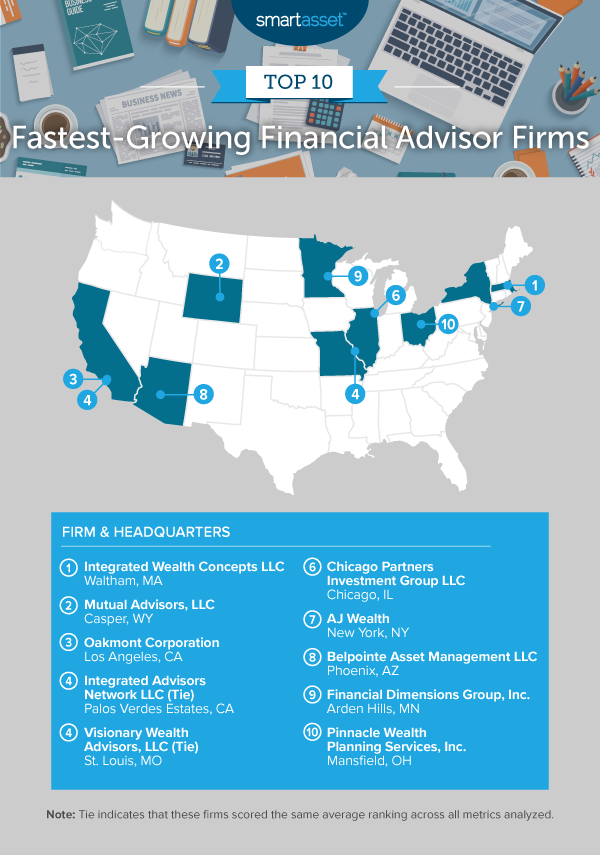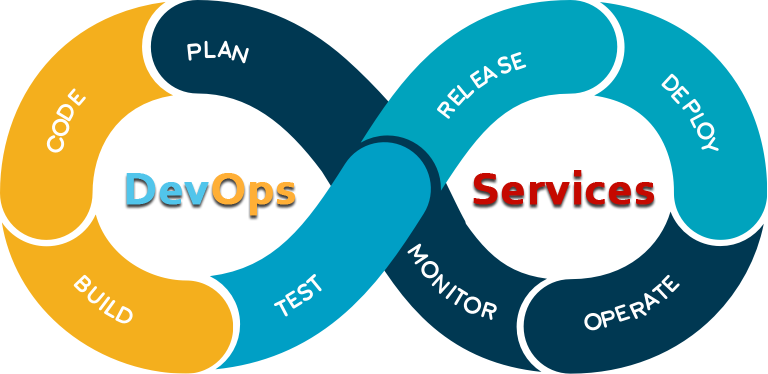
Being a consultant at EY is a great experience for anyone who enjoys working with clients and getting involved with the business world. The company is known for its training classes, and there are plenty of opportunities to learn the business. This type of work environment will allow you to make mistakes and grow as a person.
Ananth Sundarrajan
Ananth Sundarrajan, a MBA candidate, has worked as a consultant for Ernst & Young. Before joining Ernst & Young, he was a Military Technology division engineer at the Government of India. He then went on to work as a Marketing Executive in Singapore. Ananth has worked across many sectors. He is currently studying for his MBA from INSEAD in France, Singapore.
Advisory Staff
EY has an Advisory Staff that you might be interested in joining. EY has over 150 offices around the world to help clients grow their companies. The services they offer include strategy, tax, transactions, assurance, and law. EY is committed equality, diversity, and inclusion. They offer equal employment options to persons with disabilities and those from other legal protected categories.

EY pays a $80,000 yearly starting salary, with the possibility of earning up to $150,000 per year over the course of a few more years. You can become an Advisory Manager at EY if you are looking for more income. The annual salary of an Advisory manager is $148,000, plus $7,000 in bonuses.
Tax Manager
You'll be immersed within the constantly changing tax environment as a Tax Manager Consultant at EY. A variety of tasks will be assigned to you, including assisting clients with their income tax filings and advising them on planning possibilities. You'll have the opportunity to coach your engagement team.
EY pays $123,000 per year for a Tax Manager consultant, or roughly $59 an hours. This is more than 30 percent above the national average. All other working Americans earn about $60,000 a year, which means that EY Tax Manager consultants make more than their peers. The Walt Disney Company is home to the highest-paid Tax Managers, while Amscot Tax Service has the lowest-paid.
Tax Senior
EY Tax Senior Consultants can earn between $67,000- $83,000 annually. This includes a $80,000 salary base and $3,100 in bonuses. This figure does not include commissions or profit sharing. EY offers bonus opportunities to its employees. EY Senior Consultants are paid $122,000 annually and are responsible for providing client service in all aspects.

Payscales for EY Tax Senior Advisors vary depending on the location. A Washington, DC tax senior advisor earns about $80,000 annually. The salary includes a $3,000 bonus and profit sharing. If he/she is among the top 10, the senior manager could earn more $64,000 per year.
FAQ
What is a consultant?
Consultants are people who provide services to others. It's more than just a job title. This role allows you to help others achieve their dreams. By helping people understand their options and helping to make the right decisions, you do this.
Consultants have the ability to solve any problems or challenges that may arise from projects. They also provide advice and guidance on how to implement those solutions.
Consultants should be able and willing to answer any questions regarding business, technology or finance, leadership, strategy, customer service, legal, management, leadership, management, law, management, law, procurement, legal, marketing, human resources, etc.
How do you start an LLC consultancy company?
The first step is to decide what service provider you want to be. Next, you must ensure that you are qualified to provide those services. You might find someone who does the same thing you are interested in and learn from them.
Once you've identified the product or service you wish to offer, it is time to determine your target market. If they don't exist, you might have to make them.
Next, you will need to decide if you want to start your own business or hire others.
A license from the state could be required to start your own consulting business. However, this can take some time and require legal fees.
Can anyone be a consultant?
A consultant is someone who assists you in achieving your goals by offering advice and suggestions on how to achieve it faster, cheaper, and so forth.
You may need a consultant to help you with problems, make decisions or negotiate with others.
Consultants are often hired for specific projects or tasks.
In reality, consultants are generally paid hourly or daily rates and not per project.
Statistics
- My 10 years of experience and 6-step program have helped over 20 clients boost their sales by an average of 33% in 6 months. (consultingsuccess.com)
- WHY choose me: Why your ideal client should choose you (ex: 10 years of experience and 6-week program has helped over 20 clients boost their sales by an average of 33% in 6 months). (consultingsuccess.com)
- "From there, I told them my rates were going up 25%, this is the new hourly rate, and every single one of them said 'done, fine.' (nerdwallet.com)
- Over 50% of consultants get their first consulting client through a referral from their network. (consultingsuccess.com)
- Over 62% of consultants were dissatisfied with their former jobs before starting their consulting business. (consultingsuccess.com)
External Links
How To
What Does A Typical Day For A Consultant Look Like?
Depending on what type of work you do, your typical day may vary. But, in general, you will spend your time researching, planning and meeting new clients.
You will have many meetings where clients and you can discuss their issues. These meetings can take place over the phone, via email, online, or face to face.
Also, proposals are documents that outline your ideas or plans for clients. You'll need to discuss your proposals with a mentor, colleague, or friend before you present them.
After all the preparation, you'll need to start creating content. You could write articles, design websites, edit photos or conduct interviews.
You may need to conduct research depending on the scope of your project to find relevant statistics and figures. You might need to determine how many customers you have, and whether they buy more than one product.
Once you have enough information, it is time to present your findings and conclusions to clients. You may give your findings orally or in written form.
After your initial consultation, you should follow up with your clients. You might contact them regularly to check on their progress or send them emails to confirm they have received your proposal.
While this can be a slow process, it's essential to remain focused and maintain good working relationships with clients.